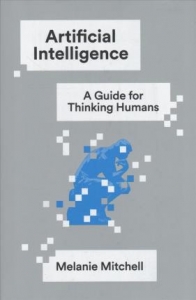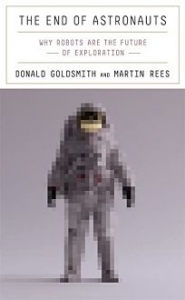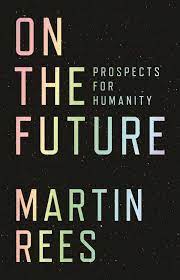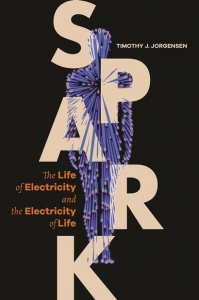“Artificial Intelligence: A Guide for Thinking Humans” with Professor Melanie Mitchell
Recent developments in the field of Artificial Intelligence are fascinating as well as terrifying; there are extravagant promises as well as frustrating setbacks; there is great progress in narrowly focused AI applications, and there is lack of progress in the field of Artificial General Intelligence. In this episode of Bridging the Gaps I speak with professor Melanie Mitchell and we discuss the history, recent successes, huge expectations and emerging fears and frustrations in the field of Artificial Intelligence. We discuss fascinating and intriguing research that professor Melanie Mitchell discusses in her book “Artificial Intelligence: A Guide for Thinking Humans”.
Melanie Mitchell is a professor of complexity at the Santa Fe Institute in New Mexico. Her research focuses on genetic algorithms, conceptual abstraction, analogy-making and visual recognition in Artificial Intelligence Systems. Professor Mitchell originated the Santa Fe Institute’s Complexity Explorer project, an online learning resource for complex systems.
We begin our discussion by reviewing the history of this fascinating field and by discussing initial claims and hype that emerged at the start. We then discuss the transition from rule-based AI systems to machine learning approaches. We look into the successes of AI in narrowly defined task-based systems; we discuss the anomalies that emerge when the data is mildly changed. We then discuss the future development in this field and the challenges involved in making any meaningful progress towards Artificial General Intelligence and creating common sense in AI systems. The challenge of creating common sense seems similar to the challenge of finding and understanding dark matter in the field of physics, we discuss this. We look into the profound disconnect between the continuing hype and the actual achievements in AI, what the field has accomplished and how much further it has to go. We also discuss the approach of conceptual abstraction and incorporating analogy-making in AI systems. This has been a fascinating discussion about this ambitious and thought-provoking field.
Complement this discussion with “Artificial Intelligence: Fascinating Opportunities and Emerging Challenges with Professor Bart Selman and then listen to “2062: The World That AI Made” with Professor Toby Walsh





Connect With Us